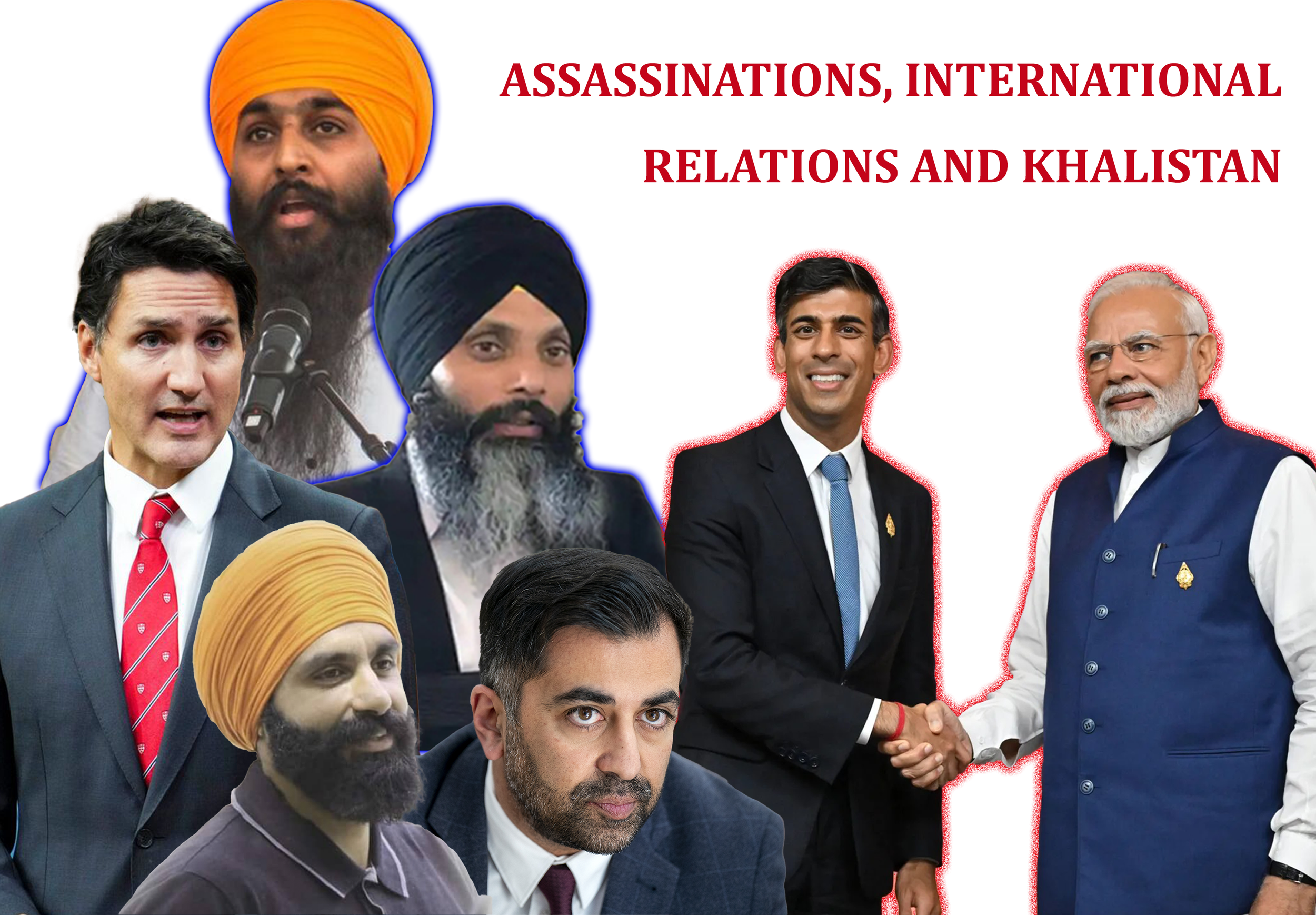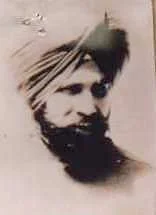Keeping The Memory Alive
/We were invited to share our thoughts at the annual Holocaust Memorial Day in Tower Hamlets, London. We took the opportunity as one that helps us continue the work of owning and defining our narrative as empowered Sikh activists. Below is the speech that I read out.
We are all a part of that energy that pervades and permeates time and space binding all of existence together. It's manifestation in our interactions takes the form of love and truth. That same love and truth that transcends culture, religion and language, it is universal, it is one.
This is the egalitarian, universal message of the House of Guru Nanak. This message, this philosophy, of truth against lies, of love in the face of hate, of compassion in disagreement, is the cause that puts the House of Guru Nanak against the way of the tyrant.
When I became a conscious and active member of my community in my early twenties I began my own journey, one that continues to this day, of connecting with the history and trauma of the attack, in June 1984, on one of the most important centres of Sikh spiritual and political activity, the Harimandir Sahib, known as the golden temple. This attack was followed by the genocide of the Sikh community in Delhi in November, and a decade of state pogroms that all but silenced the dissent of a generation, extinguishing forever the lives of thousands of young Sikhs. Today we are still trying to find and piece together the broken fragments of our history, identify those that were killed and those that survived and bring those responsible, who today enjoy political power, to justice.
With even a rudimentary grasp of Sikh history, one will find that we are no strangers to large scale violence. Our history is full of tales of extermination, being hunted, barbaric torture and destruction of our places of gathering and worship. Historically in our community such tragedy has always been counterbalanced by ‘Chardi-Kala’ the firm belief of a high and unconquerable sprit of self confidence and positivity.
So I found it perplexing that so many Sikhs today, are resigned to being victims and rely on outside agencies to deliver justice. We lack the ability to articulate fully to a wider audience, the trauma of our past and how it resonates within our community today. The tragic events of 1984 and the decade of disappearances that followed has alienated many of us from our very identity as Sikhs and our commitment to realise an egalitarian society is largely forgotten.
I have found that much of the pain that is felt within the Sikh community comes from fear and uncertainty. We don’t fully own our narrative. If you talk to many Sikhs today they’ll talk about 1984, in terms of “operation bluestar”, the military code name given to the attack on Harimadir Sahib. This is the equivalent of the Jewish community referring to the holocaust as ‘the final solution’.
I when I was asked to share my experiences today, I asked myself why do genocides happen, why does the state turn to massacre, and industrialises oppression using all of their machinery to destroy a people?
Honestly, I don’t know, but I think the answer lies somewhere between individual lust for power and misdirected collective anger. Either way I refuse to be a victim, in fact my strength as a Sikh will never come from reconciling my lot as a victim but rather by celebrating the very culture, values and deeds that made us a target of violent extermination. My very existence as a Sikh that realises what is required of me in creating a better society, is rebellion and it's my duty to stand up against oppression, to fight tyranny. By the fact that we are alive, we survive, we can build a-new and invigorate the very people that the state has tried to destroy.
ਝੂਲਤੇ ਨਿਸ਼ਾਨ ਰਹੇਂ ਪੰਥ ਮਹਾਰਾਜ ਕੇ!





